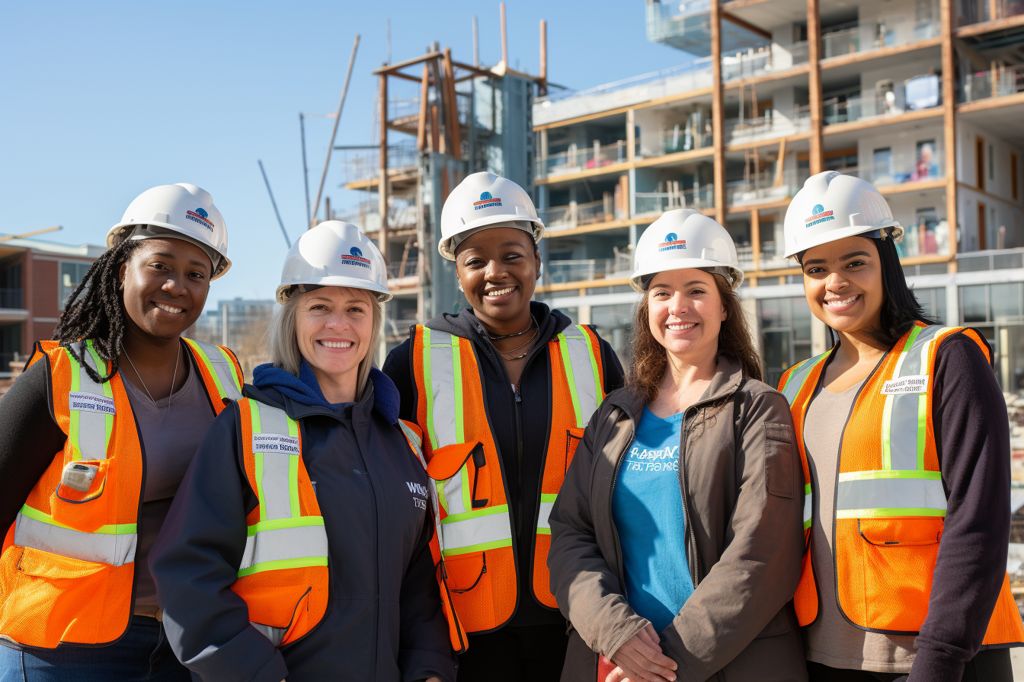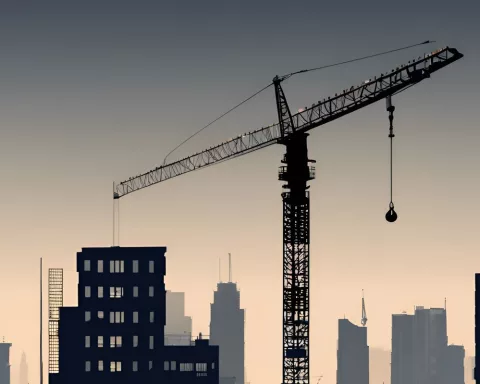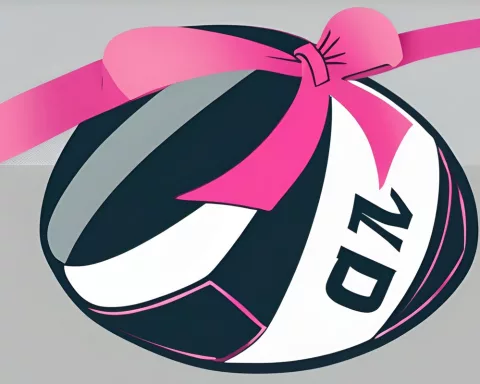As South Africa celebrated Women’s Month, the Human Settlements Women Indaba gathered to discuss the challenges and opportunities for women in the human settlements and construction sector. The conference aimed to create a platform for women to be heard and to institutionalize their participation in the Department of Human Settlements.
Inspired by Women Activists
The event was inspired by legendary women activists like Mama Winnie Madikizela Mandela and Mama Albertina Sisulu, who played immense roles in the fight for women’s rights and the liberation of South Africa.
Challenging Stereotypes
The construction sector has long been seen as a male-dominated industry, but the women gathered at the Indaba were not deterred by stereotypes or male chauvinism. Instead, they sought to explore ways to achieve equal participation in the sector and the broader economy.
Unequal Distribution of Economic Resources
The distribution of economic resources in the construction sector remains skewed against women and youths, who have very little share of income generated. Barriers such as registration compliance, regulatory requirements, high initial capital requirements, access to finance, operating costs, industry-specific knowledge, attracting skilled labor, and discrimination against women-owned businesses prevent women, youths, and other previously disadvantaged individuals from entering the entire value chain of the construction sector.
Addressing Barriers
To create a transformed economy, there is a need to address these barriers. The Human Settlements’ legislative and policy frameworks provide for a 40% quota of human settlements grants for women-owned business entities. In addition to preferential procurement and funding through grants and loans, human settlements entities are also expected to drive women and youth empowerment programs. These efforts, along with training and business development opportunities, are crucial steps in creating an environment where women and youths can meaningfully participate in the construction sector.
Collective Efforts
Empowering women in the sector requires the collective effort of all individuals. Women who have already achieved success in the sector must also play their part in supporting and empowering others, by sharing opportunities, resources, and knowledge.
Hope and Determination
The Human Settlements Women Indaba serves as a beacon of hope and determination for women in the construction sector, demonstrating that it is possible to break through barriers and achieve equal participation. The efforts of these courageous women are sure to bring about positive change and a more inclusive future for all.
The road to women’s emancipation in the industry may be long and arduous, but it is achievable. The Human Settlements Women Indaba has created a platform for women to be heard, and their collective effort will help to break down barriers for women and youths to participate meaningfully in the construction sector.








